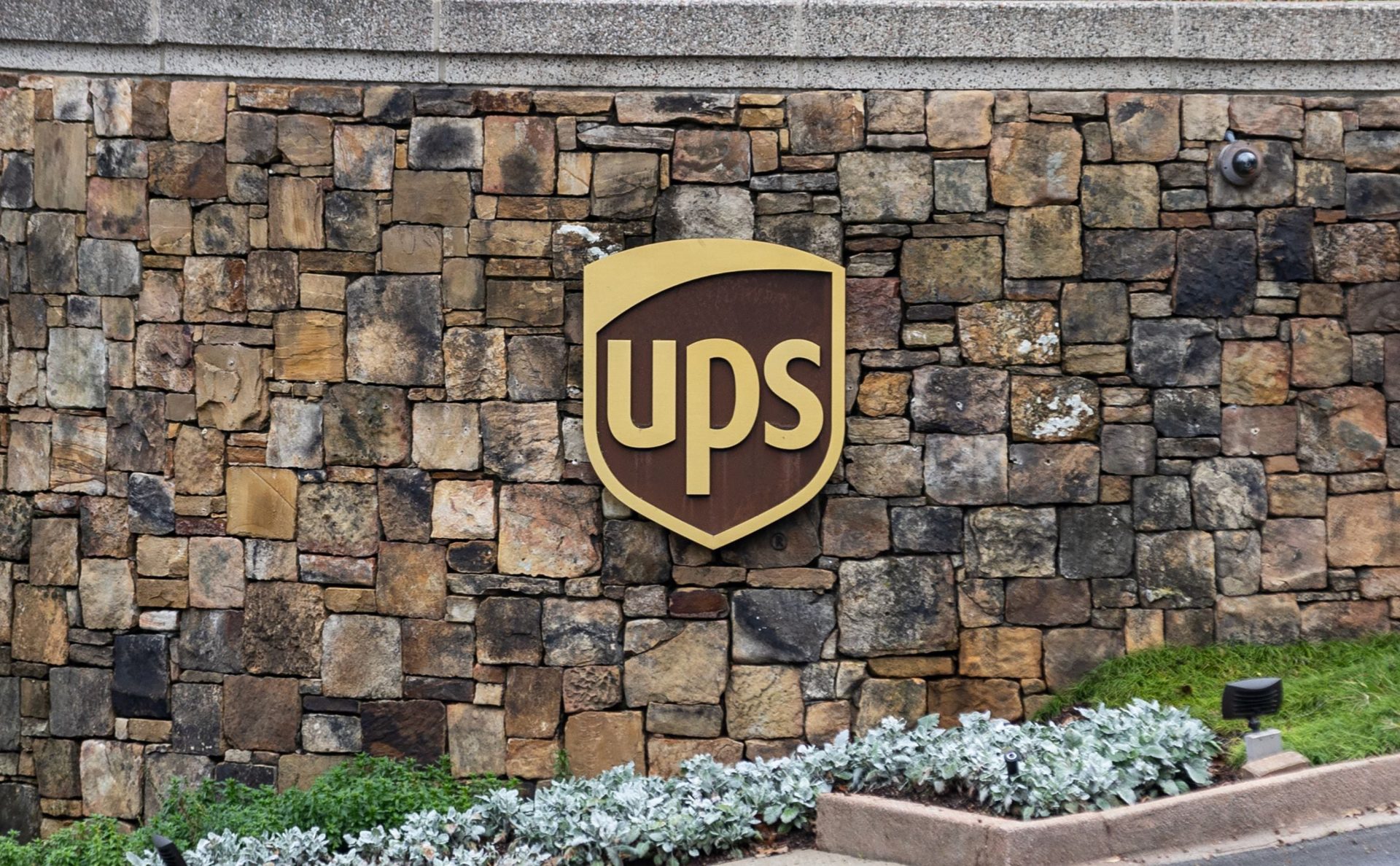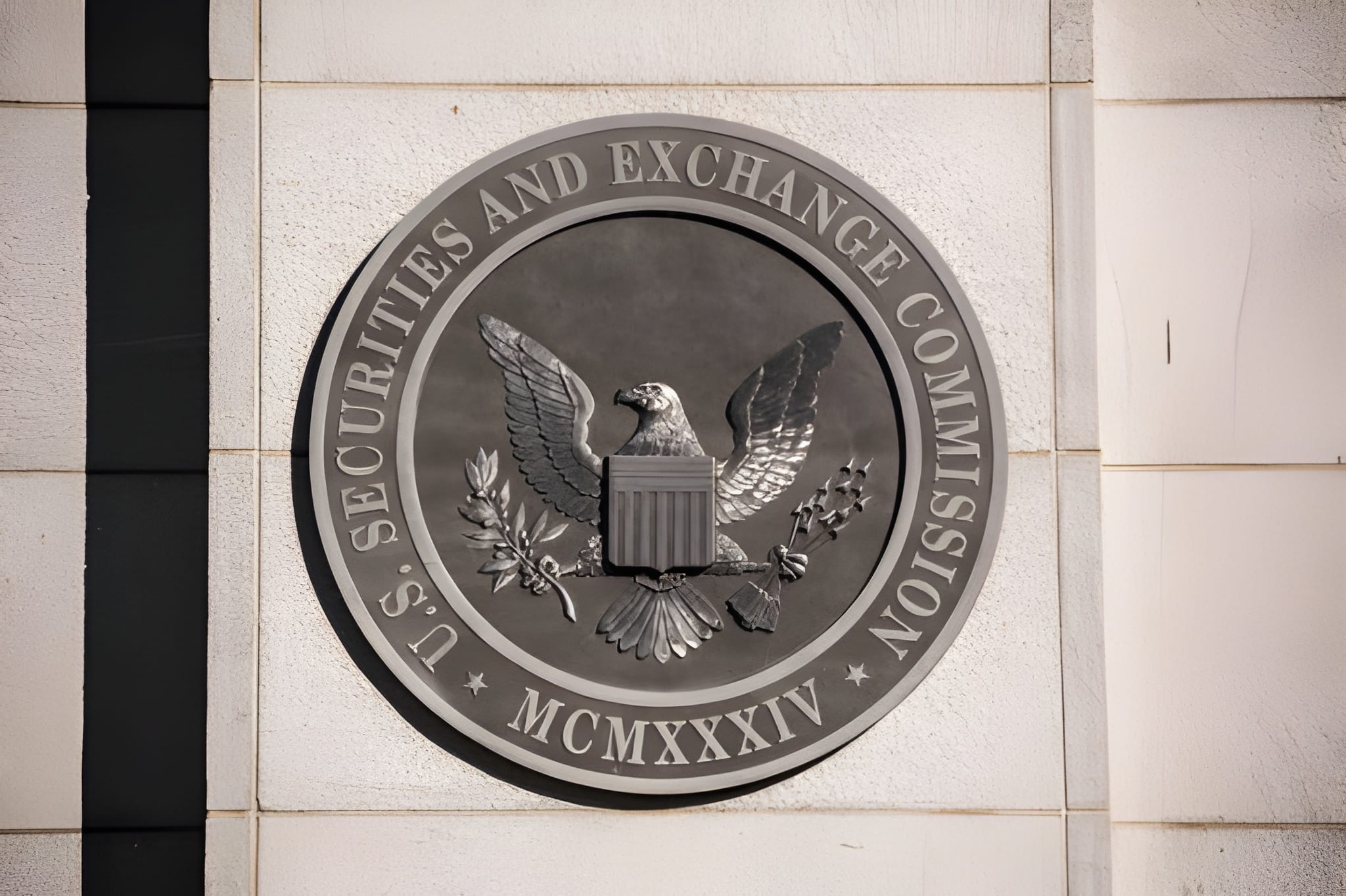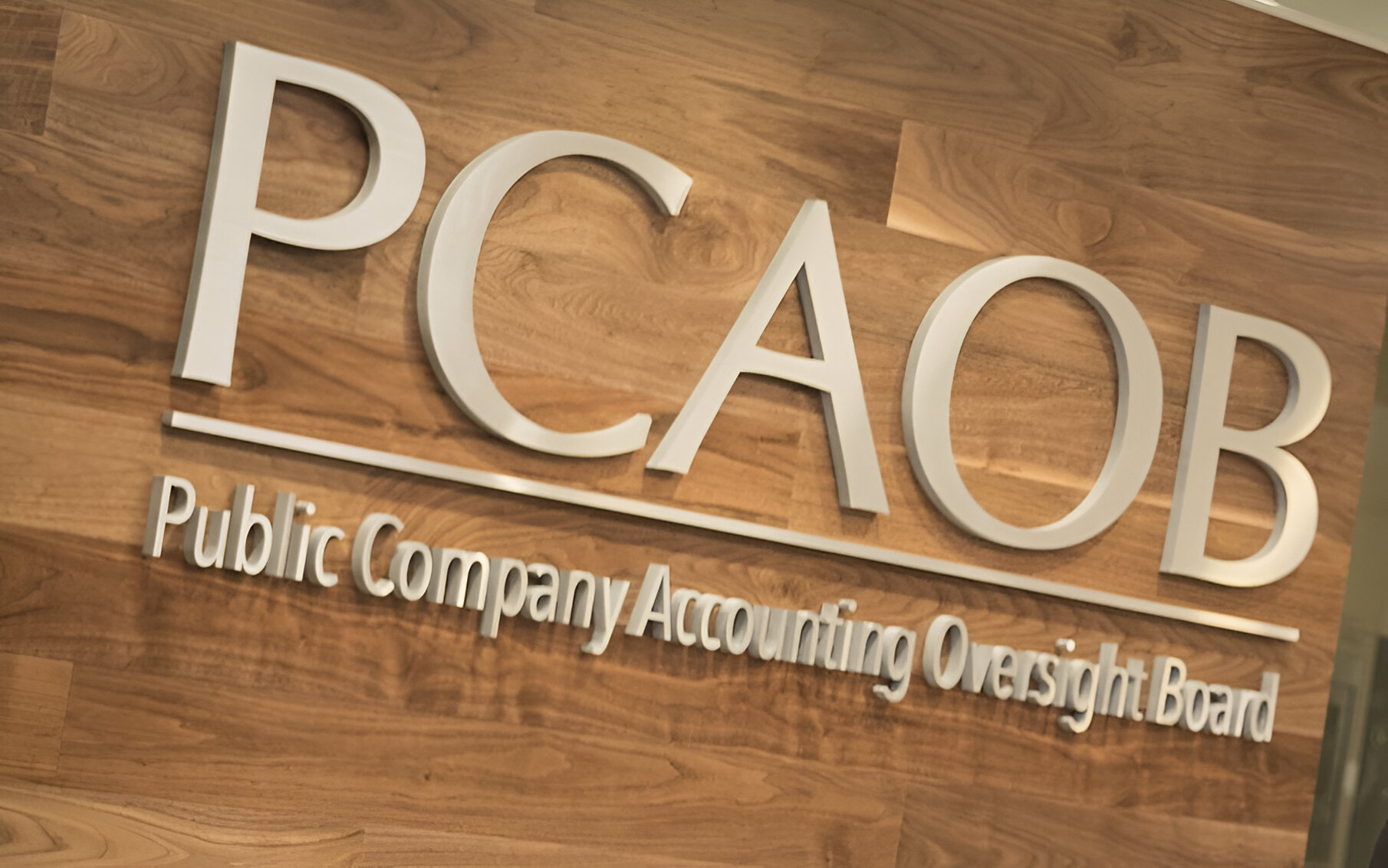By Kelly Yamanouchi
The Atlanta Journal-Constitution
(TNS)
UPS has agreed to pay $45 million to settle a complaint with the U.S. Securities and Exchange Commission, which alleges the Sandy Springs-based shipper improperly valued one of its businesses.
The SEC alleges UPS misrepresented its earnings because of improper valuation of its UPS Freight unit, which it agreed to sell in 2021.
The SEC said it found UPS violated accounting and disclosure controls required by federal law, failing to follow generally accepted accounting principles, or GAAP, in valuing “one of its worst performing businesses.”
In the settlement, UPS did not admit or deny the SEC’s allegations. But in addition to the civil penalty, UPS agreed to cease and desist from further violations, adopt training requirements for certain employees and directors and retain a compliance consultant, according to the SEC.
UPS said the settlement “will not have a material effect on our business, financial condition, results of operation, or liquidity” and said it previously disclosed the investigation.
The SEC said UPS determined in 2019 that UPS Freight would likely sell for $350 million to $650 million. It said that reflected that nearly $500 million of goodwill associated with UPS Freight was “impaired,” meaning the goodwill value of the asset had declined.
According to the SEC, UPS did not use that analysis and instead relied on an outside consultant’s valuation, without giving the consultant enough information to conduct a fair valuation. The consultant estimated UPS Freight was worth about $2 billion, higher than the $1.4 billion value UPS carried the freight unit at on its balance sheet—and as a result UPS did not record a goodwill impairment in 2019. An impairment loss can have a significant impact on a company’s earnings.
“Had UPS complied with GAAP by valuing Freight using assumptions market participants would use and recognized the resulting goodwill impairment, its earnings, goodwill balances, and shareowners’ equity would have been materially lower,” the SEC said in its order.
While UPS was in negotiations in the third quarter of 2020 to sell UPS Freight for “hundreds of millions of dollars below its carrying value,” it claimed in a filing with the SEC that there had been no events or changes in circumstances that would indicate UPS Freight’s goodwill may be impaired, according to the SEC order.
UPS also did not inform the consultant of a nonbinding term sheet in October 2020 to sell UPS Freight for $800 million, subject to adjustments that would likely reduce the price—and the consultant again valued UPS Freight at about $2 billion.
In January 2021, UPS announced it was selling UPS Freight to Canadian trucking company TFI International for $800 million, subject to adjustments.
SEC Associate Director Melissa Hodgman said in a written statement that “it is essential for companies to prepare reliable fair value estimates and impair goodwill when required. UPS fell short of these obligations, repeatedly ignoring its own well-founded sale price estimates for Freight in favor of unreliable third-party valuations.”
While the investigation “with respect to UPS” has concluded, according to the company, the SEC said its investigation is continuing and its order calls for UPS to cooperate with the SEC and produce documents requested, and have officers, employees and directors testify and be interviewed as requested or directed.
________
©2024 The Atlanta Journal-Constitution. Visit at ajc.com. Distributed by Tribune Content Agency LLC.
Thanks for reading CPA Practice Advisor!
Subscribe Already registered? Log In
Need more information? Read the FAQs




